We know that red meat is associated with higher cancer risk than white meat, but what about cardiovascular health?
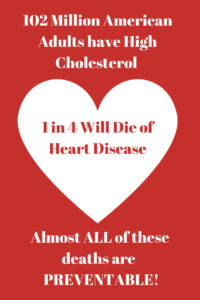 Over 100 million American adults have high cholesterol. This leads to one in four having their lives cut short by heart disease.
Over 100 million American adults have high cholesterol. This leads to one in four having their lives cut short by heart disease.
Along with prescribing statin drugs, doctors often advise their patients with high cholesterol to limit red meat in their diet.
But is white meat healthier than red meat when it comes to your heart? And how does animal-based protein from red and white meat compare with plant-based protein when it comes to your LDL cholesterol levels?
That’s what researchers at the Children’s Hospital Oakland Research Institute (CHORI) wanted to find out.
(Watch the video or continue reading below.)
The APPROACH (Animal and Plant Protein and Cardiovascular Health) Study
In this randomized controlled trial published in the American Journal of Clinical Nutrition, researchers randomly assigned relatively healthy adults into two arms – a high fat group eating about 14% saturated fat, and a low fat group eating about 7% saturated fat.
Participants in these arms were further randomized into three different sources of protein:
- Red meat, leanest cuts with all visible fat removed
- White poultry meat, leanest meat with skin removed
- Plant-based proteins – legumes, nuts, grains, and isoflavone-free soy products
Study participants ate each of the 3 diets for 4 weeks, with a washout period between diets.
The Results
Researchers admit they were expecting to see higher LDL cholesterol levels in those that were eating the red meat compared to those eating white meat.
But here’s what they found:
- Both red and white meat raised LDL cholesterol about the same.
- Plant proteins are the healthiest for blood cholesterol.
Poultry is just as bad as beef for your cholesterol levels. Even the leanest cuts of poultry raise LDL cholesterol.
What to Eat Instead of Poultry
If you are motivated to eliminate meat from your diet, but are concerned about getting enough protein, I want to assure you that you can get all the protein you need from plants. Plant proteins also come packaged with fiber and micronutrients not found in meat.
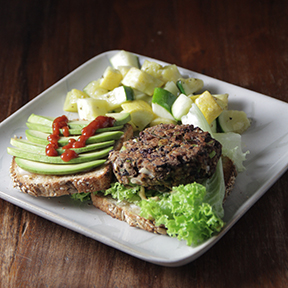 Here are the primary sources of protein in a whole food, plant-based diet:
Here are the primary sources of protein in a whole food, plant-based diet:
- Beans, Lentils and Chickpeas
- Whole Grains
- Dark Leafy Greens, Broccoli and other vegetables
- Whole soy foods like tofu, tempeh, soy milk, and Butler Foods Soy Curls™
- Nuts and Seeds
Americans and those eating the typical Western diet are consuming about twice the amount of protein needed for health. If you eat a varied whole food, plant-based diet, you’ll get plenty of protein – without harming your health.
Think you’ll miss meat? Your palate will change with time and you will come to prefer clean plant-proteins over animal protein. (Even if you can’t imagine it now!)
A whole food plant-based diet is the only way of eating proven to prevent and reverse cardiovascular disease. This way of eating can actually help you clear your arteries and avoid needless surgeries and drugs.
Ready to lower your cholesterol with plants instead of pills? Check out the 6-Week Juicy Plant-Based KickStart Program.
Want to learn more about this way of eating? Watch the video What is a Whole Food, Plant-Based Diet?
Got questions? Drop me an email at stephanie@stephanieleach.com

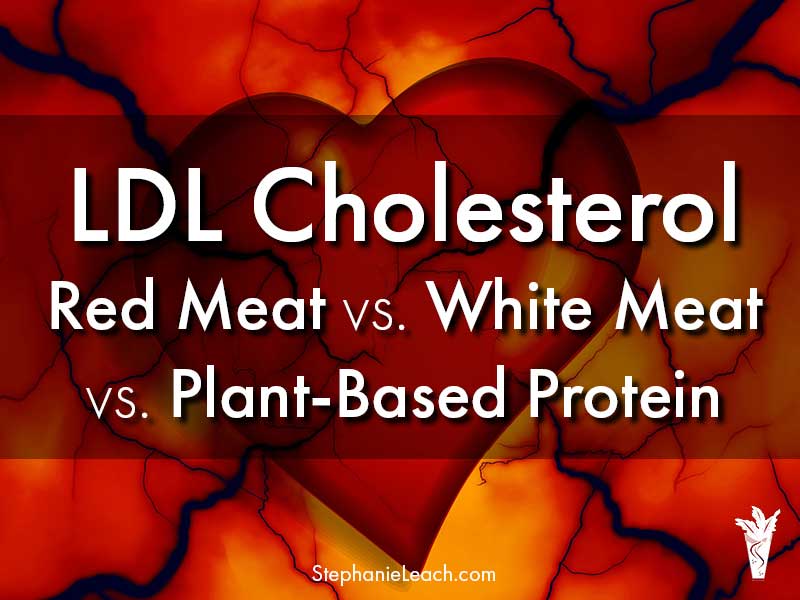
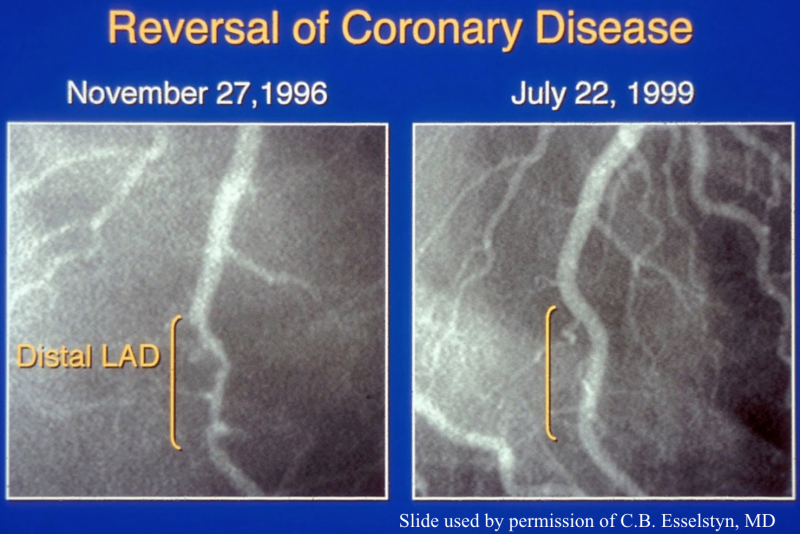


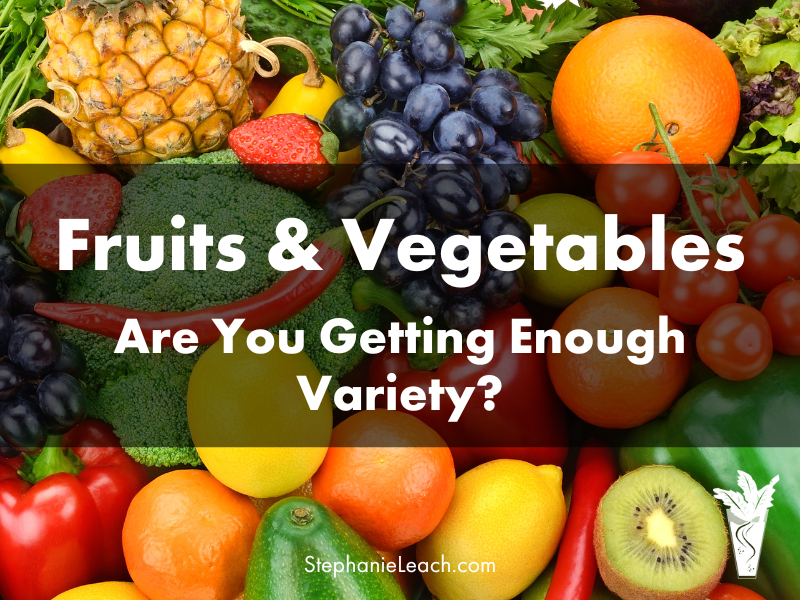
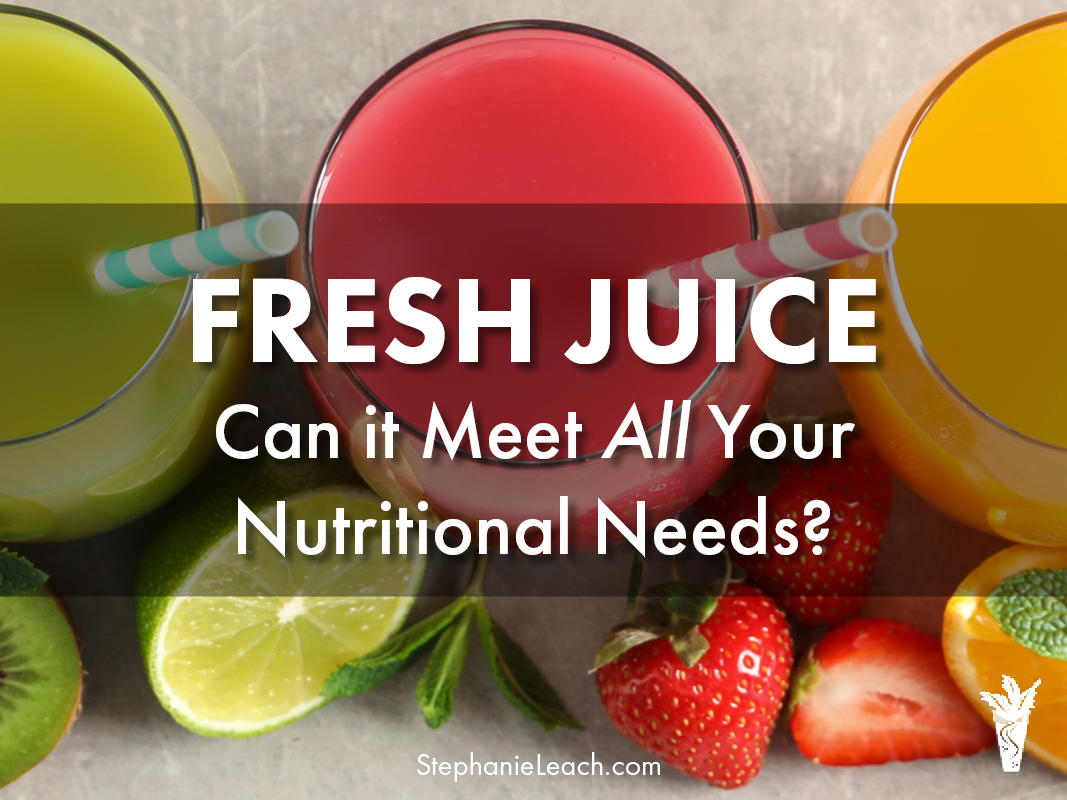
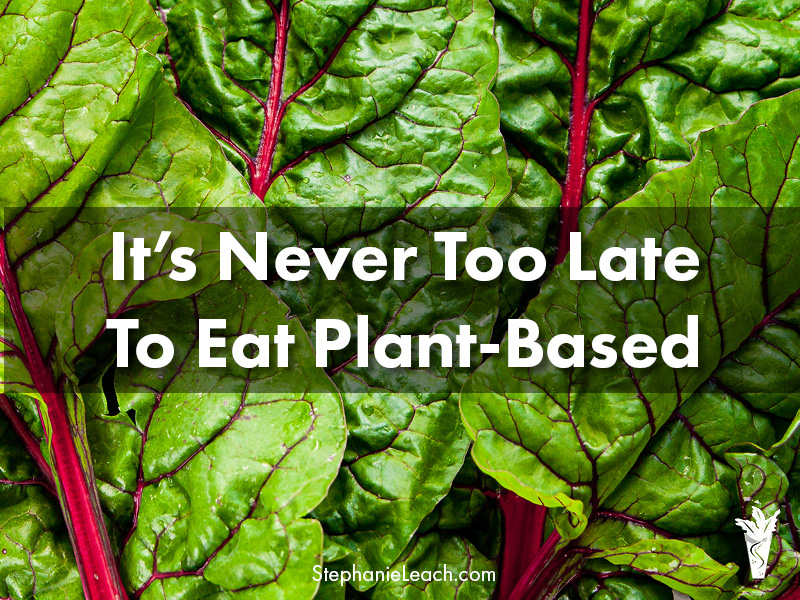


Leave A Comment